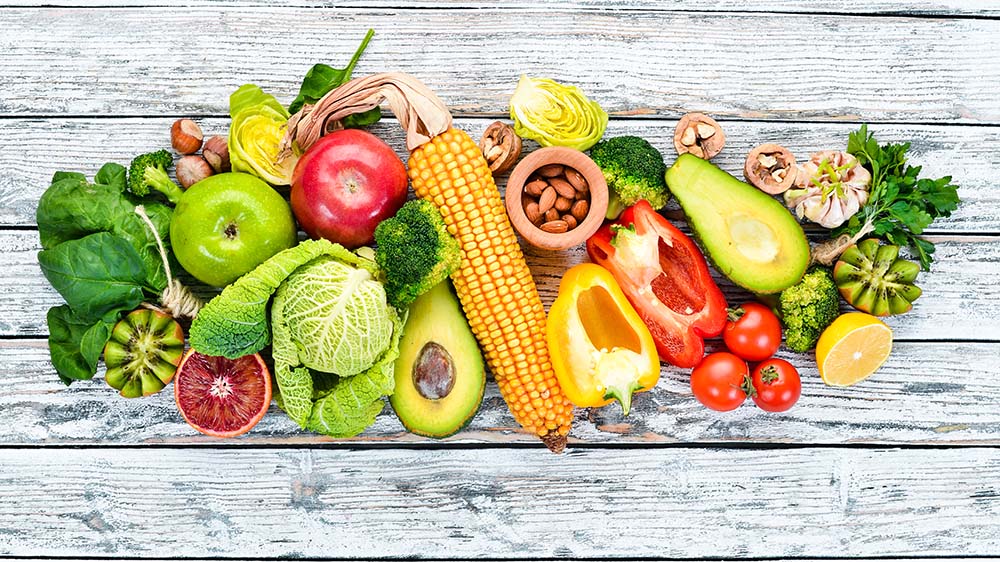While there are many treatments that can help maintain a youthful looking complexion, a nutrient-pack diet is one of the best things you can do to maintain healthy skin inside and out. Here are a few vitamins that you should consider implementing.
Biotin
This vitamin is best known for being a great way to grow your hair and nails, as well as clear your skin. Fortunately, you will be able to find it in a wide assortment of foods, including eggs, nuts, and whole grains. This B vitamin also supports your nerves, digestive tract, and metabolism.
Vitamin E
Vitamin E is important to vision, reproduction, and the health of your blood, brain, and skin. It supports the protection of cells from oxidative stress, potentially protecting skin against premature aging and wrinkles. It can also help improve the look of scars and imperfections.
Vitamin A
An important and often misunderstood nutrient, vitamin A is essential to several bodily functions. Unfortunately, many of us don’t get enough of it. Vitamin A helps preserve your eyesight, lowers your risk of certain cancers (mainly cervical, lung, and bladder), support a healthy immune system and bone health, treats severe acne, and maintaining a healthy reproductive system in both men and women, ensuring normal development of embryos during pregnancy. The tough thing about vitamin A is too little and too much of it tends to have negative effects on your health.
Vitamin C
Have a cold? Or the flu? More than likely as a child you were told you chug down something full of vitamin C, mainly orange juice. Vitamin C is naturally in many different types of fruits and vegetables. It is crucial for collagen production, healing of wounds, and the repair and care of cartilage, bones, and teeth. In alternative medicine, vitamin C supplements claim to offer antioxidant benefits to help with colds, heart disease, cancer, and boosting immunity.
Iron
Iron can be found in foods like spinach, eggs, chickpeas, pumpkin seeds, lentils, and sesame seeds. The body uses iron to help make the hemoglobin in red blood cells, which carries oxygen from the lungs to the muscles and other organs. If we don’t get enough iron, we can develop a condition termed iron deficiency anemia (or just anemia), makes it difficult for your blood cells to deliver the oxygen your tissues and organs need.
Omega-3 Fatty Acids
Omega-3 fatty acids are very important and have great health benefits for your body and brain. You can get them from walnuts, chia seeds, salmon, wild rice, hemp, tofu, and winter squash. Omega-3s may be able to help:
- Fight depression and anxiety
- Improve eye health
- Promote brain development for the fetus during pregnancy
- Reduce symptoms of ADHD in children
- Fight inflammation and autoimmune diseases
- Improve mental disorders
- Improve bone and joint health
- Alleviate menstrual-related pain
- Protect and improve skin
It’s always important to consult your doctor when changing your diet. Your doctor can recommend you to a dietician, who can help you develop a food plan for you to get on the road to a healthier body.

